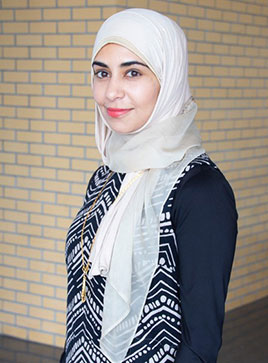COVID-19

More than a health crisis: Exploring Chinese stigma and the social impacts of COVID-19

The spread of misinformation and fear that accompanies the spread of illness during a pandemic can have negative social impacts. In the context of COVID-19, among these negative social impacts is anti-Chinese sentiment (i.e., Sinophobia) towards ethnically Chinese communities.
“Stigma exacerbates the spread of disease,” explains Dr. Aaida Mamuji, Assistant Professor at York University and principal investigator of the new study titled Combatting Stigma in the Face of COVID-19. As seen in the SARS pandemic, Chinese stigma has a multitude of negative psychological, economic and health impacts. For example, discrimination and bullying that result from stigma may discourage Chinese individuals from seeking care or going to public health facilities, such as COVID-19 testing centres.
Dr. Mamuji’s work will examine the social impacts of COVID-19 on Chinese populations in two globalized urban centres with large Chinese diaspora communities: Toronto, Canada and Nairobi, Kenya. Through virtual interviews, she and her team are speaking with individuals about the unique experiences of diverse social groups within the Chinese community, including different ages, income levels, religious and cultural affiliations, and gender identities. This approach and the opportunity to compare findings from different countries will provide important insights for our multicultural Canadian society. By documenting how pandemics and stigma affect individuals and specific communities, Dr. Mamuji’s work will shed light on the best ways to minimize the worst social impacts.
Working collaboratively with public health officials in both countries, the second phase of Dr. Mamuji’s work involves developing public education strategies to combat misinformation and Chinese stigma. These efforts will help shape social and policy responses to pandemics, including ways in which we can learn from Chinese communities – many of whom were ahead of the curve by taking public health precautions to slow the spread of COVID-19 long before official recommendations from authorities.
Dr. Mamuji applauds the support she has received for her grant and from public health officials in Canada and Kenya. “We definitely need better treatment and testing for COVID-19,” she notes, emphasizing the need for research on a number of fronts. “But communities are also facing social impacts that may have devastating consequences. We can’t overlook that.”
- Date modified: